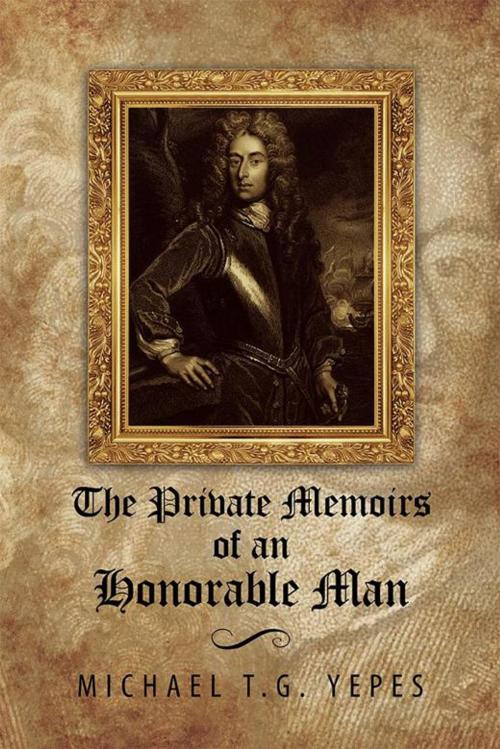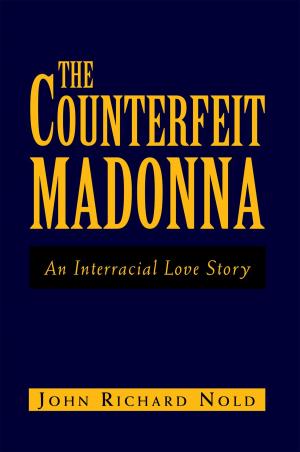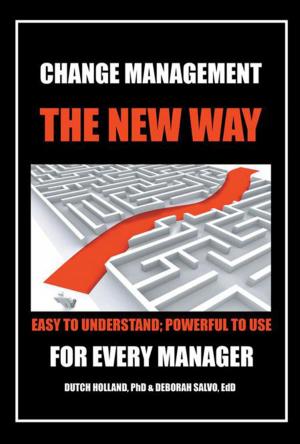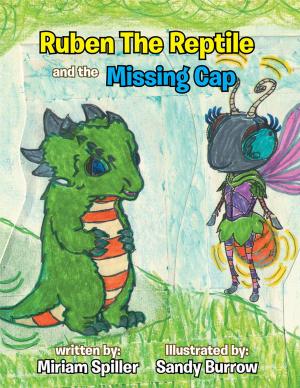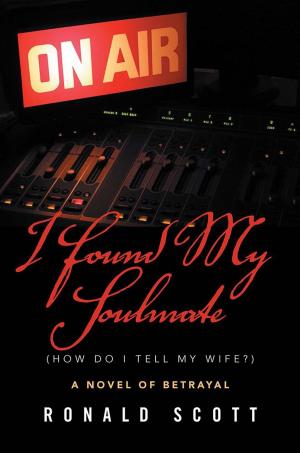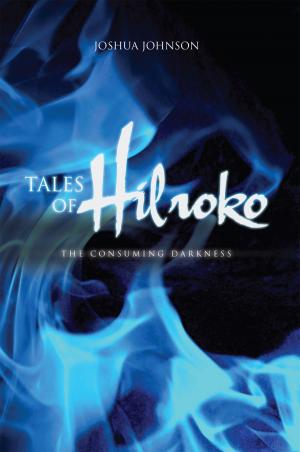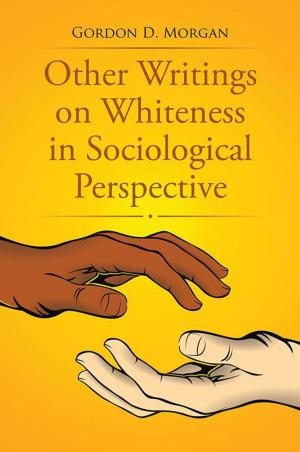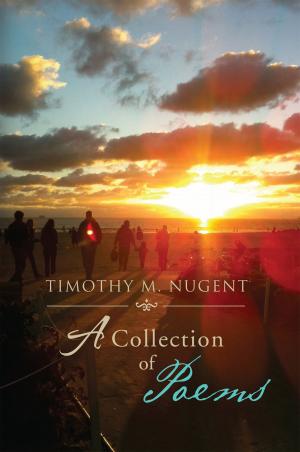| Author: | Michael T.G. Yepes | ISBN: | 9781499055344 |
| Publisher: | Xlibris US | Publication: | August 5, 2014 |
| Imprint: | Xlibris US | Language: | English |
| Author: | Michael T.G. Yepes |
| ISBN: | 9781499055344 |
| Publisher: | Xlibris US |
| Publication: | August 5, 2014 |
| Imprint: | Xlibris US |
| Language: | English |
I wrote this novel last, but, in fact it is the first volume of what had now become The Enlightenment Quartet. I look upon Memoirs as an introductory novel to the series. It covers an extended period, from the late 17th to the early-mid 18th century. What happens in this novel chronologically precedes the three others, and it also fills in a lacuna. In a sense, it wraps itself around the second volume. The four novels are in different formats: Memoirs are, well, memoirs. Hotel Transylvania, the next volume is a straightforward narrative. Child of Europe is largely in letters. The last, An Outsider among the Thespians is a narrative again. The Quartet deals with wars, exile, European outreach, art, and music. The protagonists are diplomats, generals, refugees, aristocrats, missionaries, artists, men and women. My overall aim was to evoke my favorite century from various viewing angles. Of course, the Quartet presents only a small portion of the times in which it is set. The Enlightenment reached its apex in the 18th century. Then, two revolutions, one political and one industrial, irrevocably changed Europe. And, as they say, progress cannot be reversed. P.S. A volume entitled Memoirs of Prince Eugene appeared in London in 1811. It turned out to be a well-meaning forgery by the Prince de Ligne I would like to repeat, once again that this novel is fiction.
I wrote this novel last, but, in fact it is the first volume of what had now become The Enlightenment Quartet. I look upon Memoirs as an introductory novel to the series. It covers an extended period, from the late 17th to the early-mid 18th century. What happens in this novel chronologically precedes the three others, and it also fills in a lacuna. In a sense, it wraps itself around the second volume. The four novels are in different formats: Memoirs are, well, memoirs. Hotel Transylvania, the next volume is a straightforward narrative. Child of Europe is largely in letters. The last, An Outsider among the Thespians is a narrative again. The Quartet deals with wars, exile, European outreach, art, and music. The protagonists are diplomats, generals, refugees, aristocrats, missionaries, artists, men and women. My overall aim was to evoke my favorite century from various viewing angles. Of course, the Quartet presents only a small portion of the times in which it is set. The Enlightenment reached its apex in the 18th century. Then, two revolutions, one political and one industrial, irrevocably changed Europe. And, as they say, progress cannot be reversed. P.S. A volume entitled Memoirs of Prince Eugene appeared in London in 1811. It turned out to be a well-meaning forgery by the Prince de Ligne I would like to repeat, once again that this novel is fiction.
